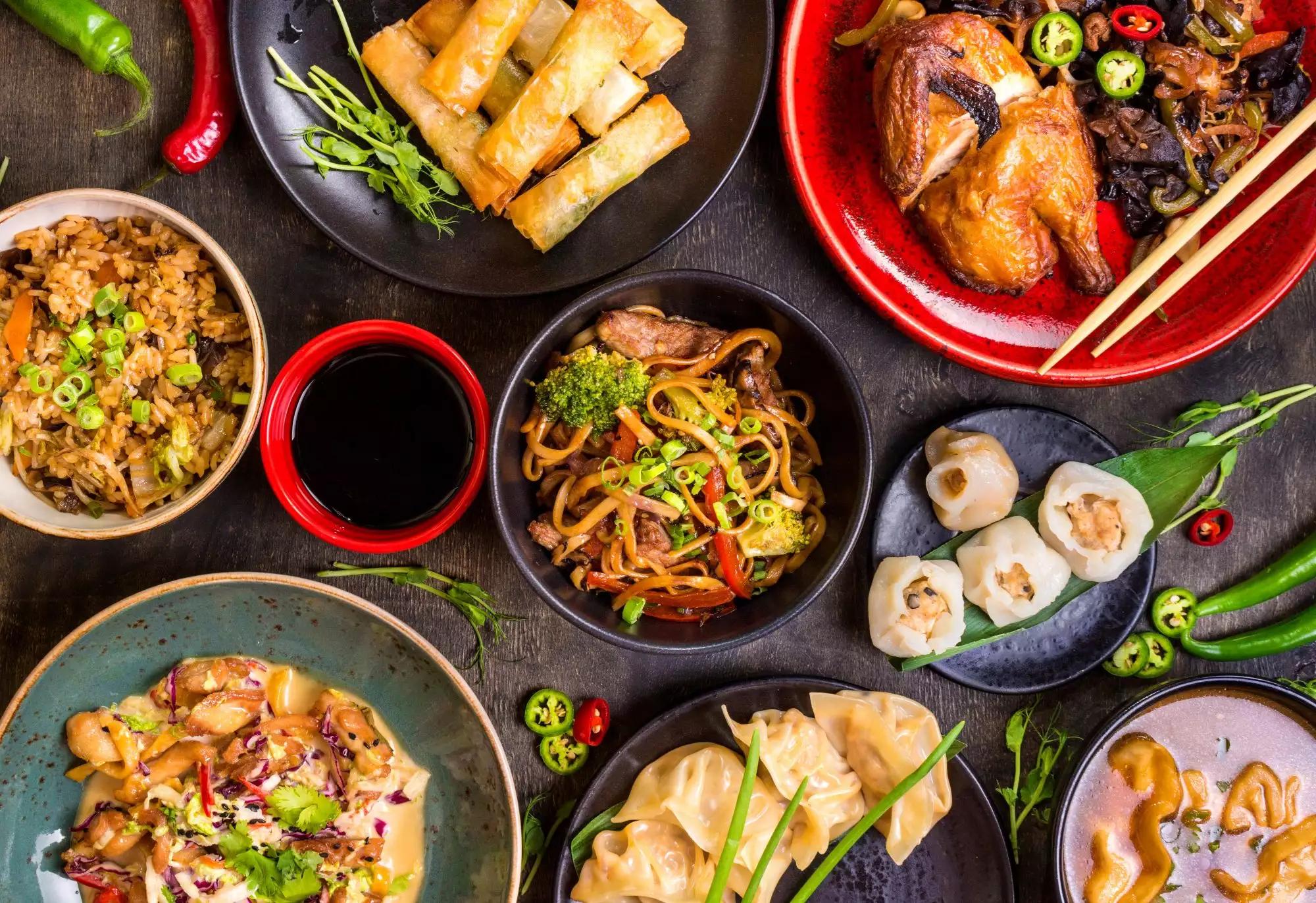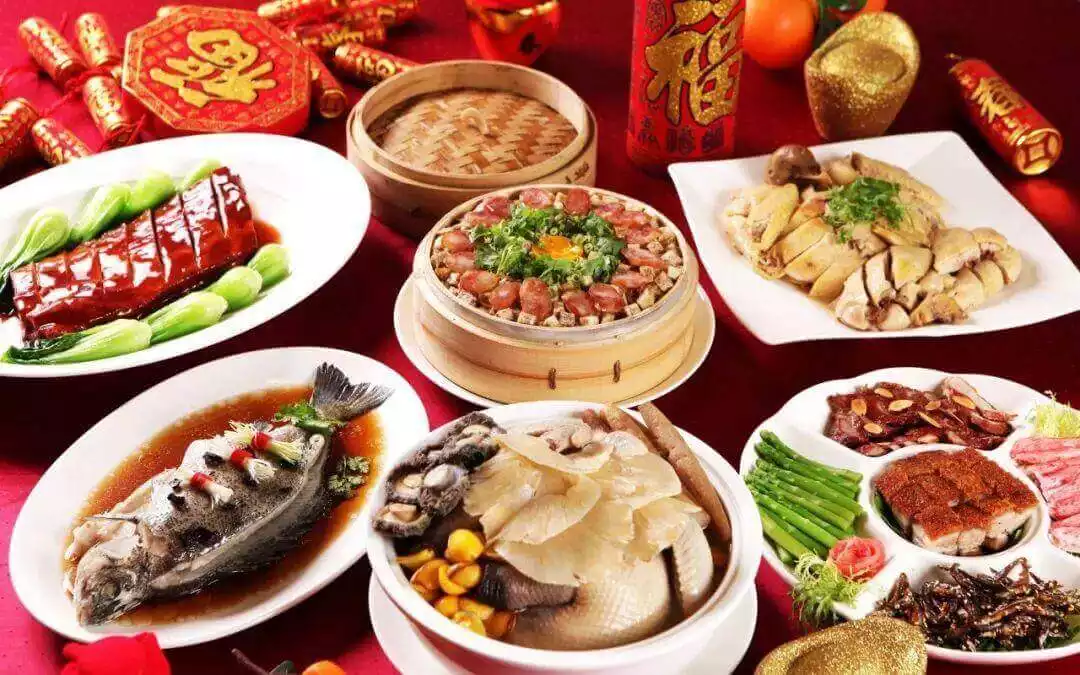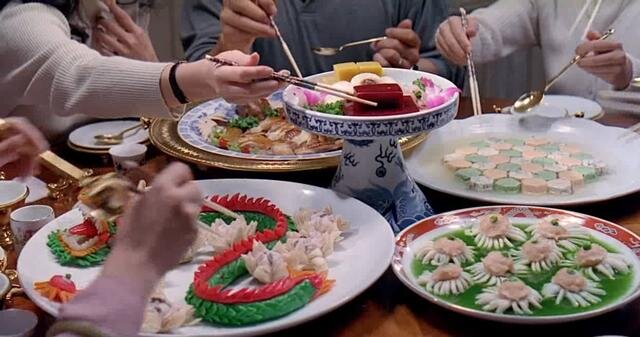As a Brazilian living in Wuhan, I can talk a little about my experiences trying new dishes after moving to China. After arriving here, I realized that all the “Chinese food” I ate in Brazil was actually different from real Chinese food. Real Chinese food, at least here in Wuhan, is super spicy, mostly and I never tried something alike before. But it is important to take into account that China is a continental and diverse country, so it is impossible to generalize Chinese cuisine. There are different types of dishes and ways of cooking for each part of China. In this text I’ll only compare Hubei’s cuisine with Brazilian food.
Hubei’s cuisine is recognized for its rich and strong tastes. The recipes frequently combine salty, spicy, and sour flavors. To make complex and savory meals, Hubei cuisine employs a wide range of spices, including chili peppers, soybean paste, garlic and other vegetables. Plus, for Brazilians, there are two exotic ingredients in China: Lotus root and Tofu.
The cuisine of Brazil and Hubei are very different. We can start talking about the differences considering the breakfast first: it is unimaginable to eat pasta for breakfast in Brazil, we eat bread and butter and drink coffee to start the day; but a traditional breakfast here in China is Hot and Dry Noodles (热干面).
Chinese Food: Hot Dry Noodles 热干面
The most remarkable point is: In Brazil, people are not used to spicy food, mainly. There are some spicy dishes in Brazil, and we avoid adding the peppers directly, instead we just add sauces made from peppers. It was difficult for me and my colleagues to try these super spicy dishes in the early days. But I started to like it after a while.
In China most dishes are prepared by frying or boiling; in Brazil a lot of kinds of food are roasted. Fried Chinese foods are therefore very fatty, so it is important to be careful and avoid eating these dishes every day. It is important to prioritize soups. If you come to Hubei, prioritize ordering Malatang (麻辣烫) and Hun Tun (馄饨) on weekdays and fried foods on weekends because most of them are extremely tasty, such as fried noodles (炒面), fried rice (炒饭), chicken (炒 鸡), and so on.
Chinese Food: Yeung Chow Fried Rice 扬州炒饭
Unlike my home country, I noticed that in China most dishes can be customized by adding any ingredients. In Brazil there are buffets, but it is not a general pattern as in China and the most traditional dishes in Brazil cannot be ordered at buffets. When ordering traditional Chinese dishes such as Malatang (麻辣烫) and Hot Pot (火锅), you must add the ingredients yourself at will, there are no patterns you can choose from.
The concept of eating Malatang (麻辣烫) and Hot Pot (火锅) is related to the experience of customizing your dish, going out with friends and eating a hot and healthy soup. It has more to do with the experience than the taste. Traditional Brazilian food cannot be ordered from buffets, all dishes are standardized, such as Feijoada, Moqueca, Vatapá and Feijão Tropeiro. In the other hand, Brazilians also like to go out with their friends, but they have different approaches to doing so, such as calling friends to go to a kind of “barbecue party” and/or having a beer.
China (specifically Hubei) and Brazil have freshwater ingredients. Hubei has many lakes and rivers, including the Yangtze River (the longest river in China) that runs through the province. Thus, fish, crayfish and shellfish are often used in Hubei recipes – it includes the famous “Wuchang Fish” (武昌鱼). This is something both share, but it depends on the region of Brazil as well, because China and Brazil are continental countries. Thinking geographically, the cuisine of the north of Brazil can be compared to that of Hubei due the concentration of river and lakes.
These are general differences between Brazilian and Chinese food. We’ll probably come back to this in the future.
Related city
Related articles
5 Most Famous Chinese Foods International Visitors Must Eat in China!
Best Chinese Cooking Movies About Chef Competitions For Food Lovers


















